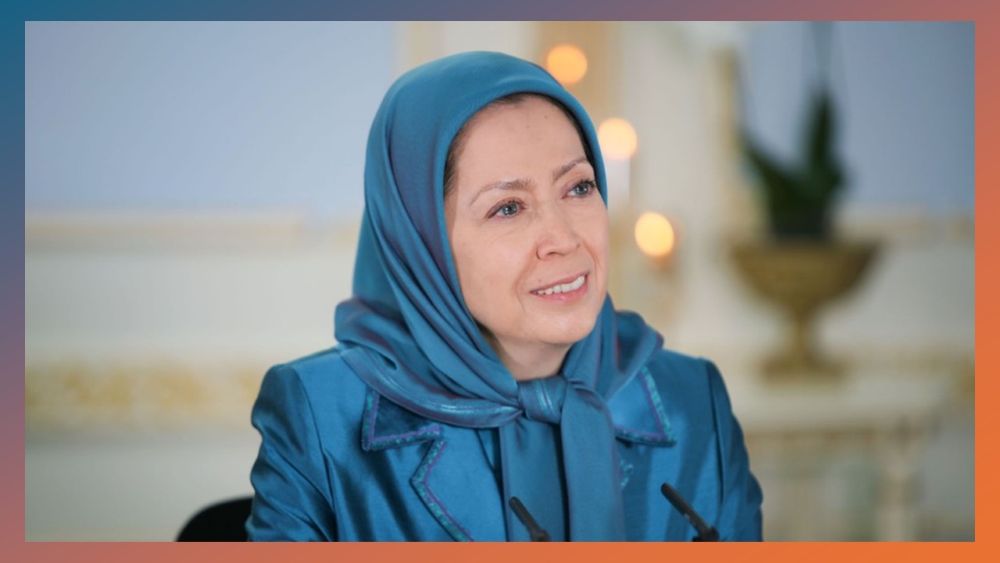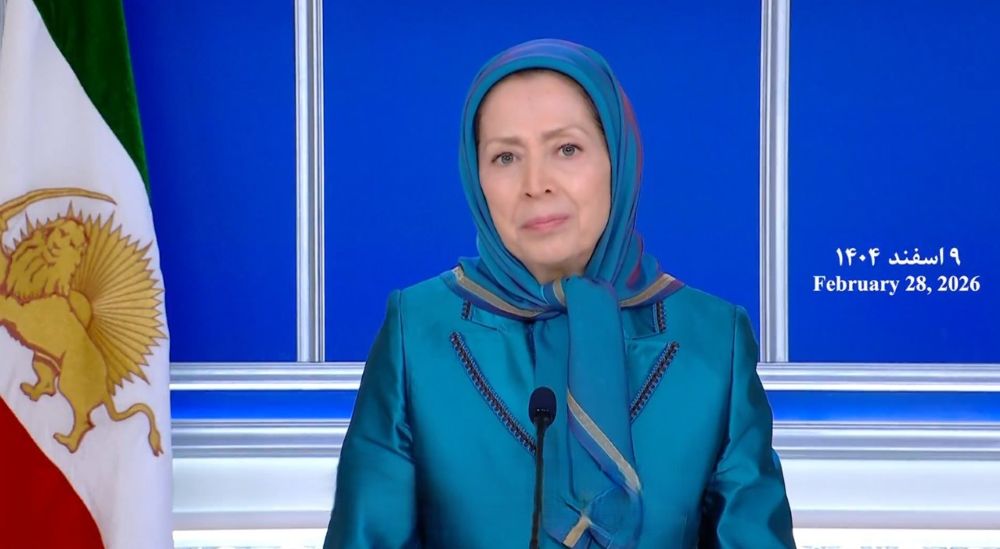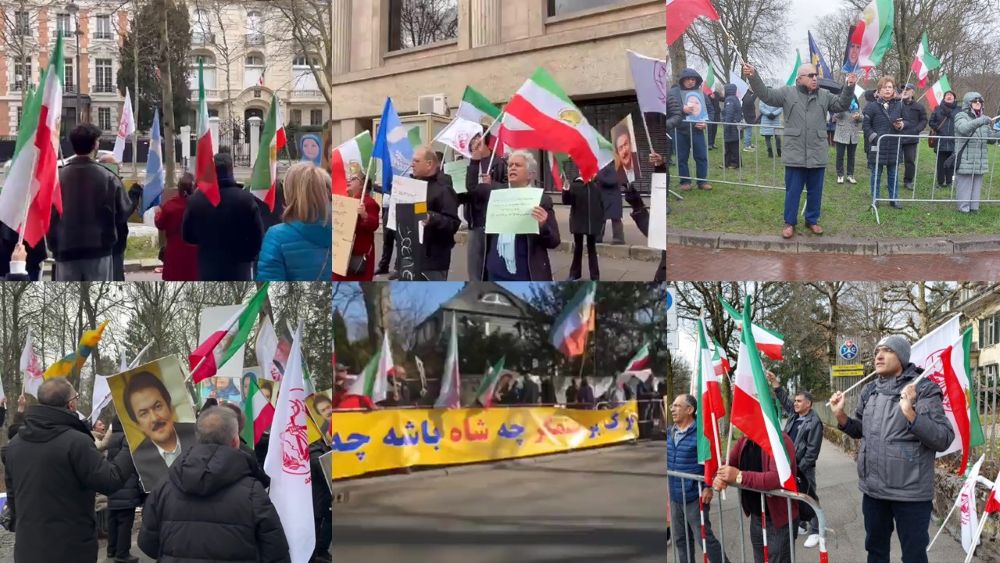In recent months, the Iranian regime’s disinformation campaign has attracted a lot of attention. Last week, a detailed Reuters’ research shed lights on some parts of the Iranian regime’s campaign across the cyberspace. This coordinated campaign pursues a list of objectives by resorting to all of the regime’s capability including its lobbies, linked websites, “authors”, “columnists”, and etc. But the main goal is to demonize the organized resistance of Iran, especially the MEK\PMOI.
For this purpose, the Ministry Of Intelligence and Security, which masterminds the campaign for spreading disinformation, has opened hundreds of fake accounts on Twitter, Facebook, YouTube, alphabet, as well as running hundreds of fake websites.
On Friday, November 30, 2017, Reuters released a special research report entitled “How Iran spreads disinformation around the world”. Reuters’ research has revealed the dimensions of the Iranian regime’s disinformation campaign on social networks and fake sites.
In fact, Reuters’ research just displays the tip of the iceberg. Although this report has never been able to provide a comprehensive research into Iran regime’s disinformation campaign, it reveals notable data. Iran regime has organized a cyber-army, estimated around 18,000 people, just to spread disinformation and Reuters did not point to.
According to Reuters’ research, “A Tehran-based agency has quietly fed propaganda through at least 70 websites in various countries from Afghanistan to Russia. One of these sites is called Nile Net Online, which shows its location into the middle of the street, rather than any building. It is more ridiculous when the locals say they have never heard of this site. Because “Nile Net Online is part of an influence operation based in Tehran. It’s one of more than 70 websites found by Reuters which push Iranian propaganda to 15 countries,”
Reuters’ research added: “Some of the sites in the Iranian operation were first exposed in August by companies including Facebook, Twitter and Google’s parent, Alphabet after FireEye found them. The social media companies have closed hundreds of accounts that promoted the sites or pushed Iranian messaging. Facebook said last month it had taken down 82 pages, groups and accounts linked to the Iranian campaign; these had gathered more than one million followers in the United States and Britain.
But the sites uncovered by Reuters have a much wider scope. They have published in 16 different languages,”
In another part of Reuters’ research, we read: “Shortly after being contacted by Reuters, Twitter suspended the accounts for Nile Net Online and Sudan Today.”
Google also said it identified and closed 99 accounts which it says are linked to Iranian state media.
A Facebook spokesperson said, “In the past several months, we have removed hundreds of Pages, Groups, and accounts linked to the Iranian operatives engaging in coordinated inauthentic behavior.”
Finally, though, the Reuters’ research is prepared very timely and accurately, but there are also some issues that are untold. It should not be forgotten that these issues require specific attention.
For 40 years, the malign and provocative behavior of the mullahs has caused the world to recognize them as the main state-sponsor of terrorism. In recent months, the regime’s foiled terrorist plots in Albania, France, the United States, Denmark, and Bulgaria verified the correctness of this naming once again. It is also clear for everyone that the main purpose of the regime’s terrorist conspiracies has been and is the members and supporters of the organized resistance of Iran and the MEK in particular.
The goal of the regime’s disinformation campaign is character assassinations, with the MEK members as their subjects. It has been proved that the disinformation campaigns set the stage for carrying out physical eliminating of the PMOI/MEK members. MEK is the arch-enemy of the mullahs’ regime always calling on the Iranian people for uprising and protest. The regime’s highest officials have repeatedly admitted to the role of resistance units (MEK supporters) in organizing and directing protests and uprisings. Therefore, the EU member states should adopt a firm policy against the Iranian regime’s disinformation campaign, which is the other side of the regime’s terrorist plots. EU should as well display its solidarity with the demands of the Iranian people. This is possible by coordinating with the cybersecurity firms like FireEye and Clear Sky to defeat the mullahs’ disinformation campaign.



